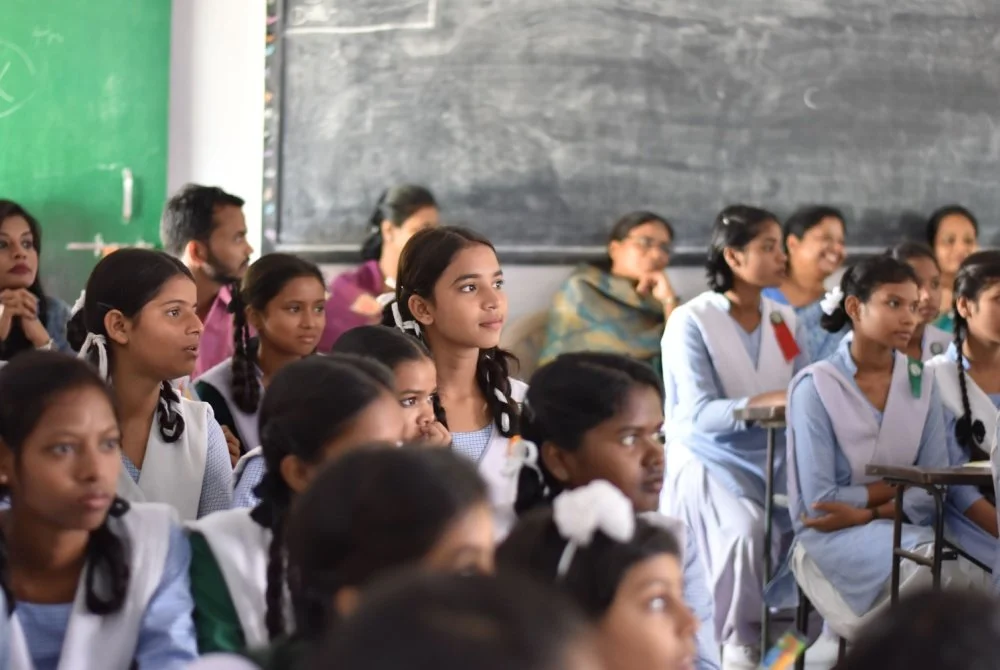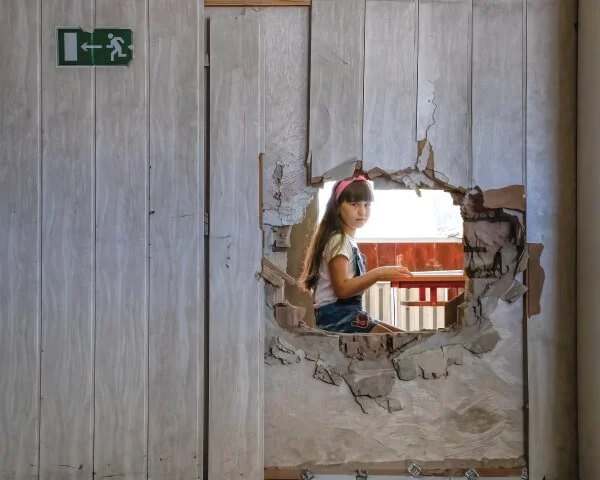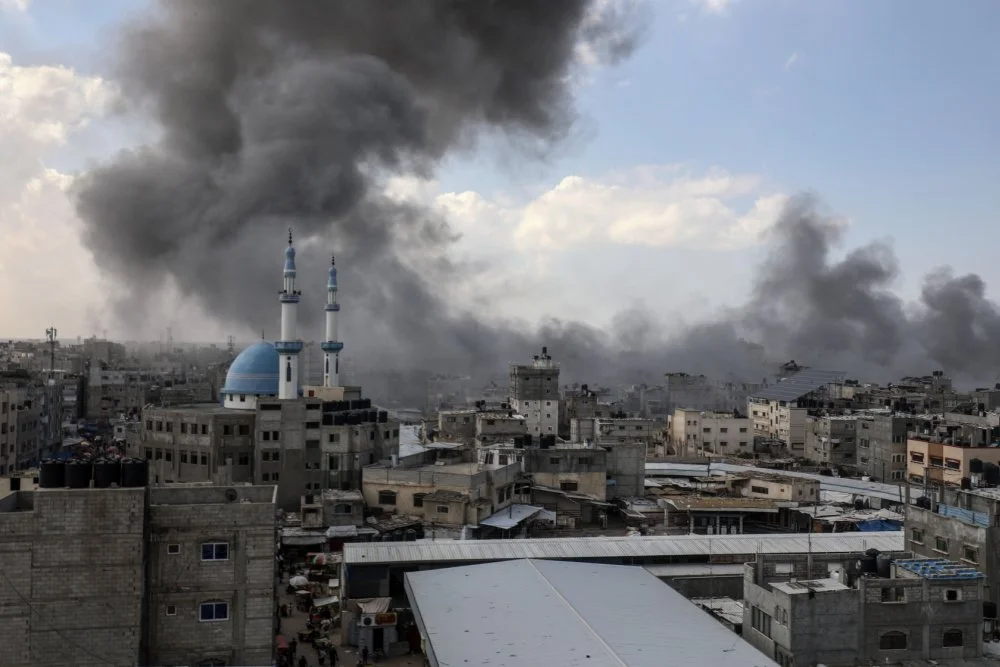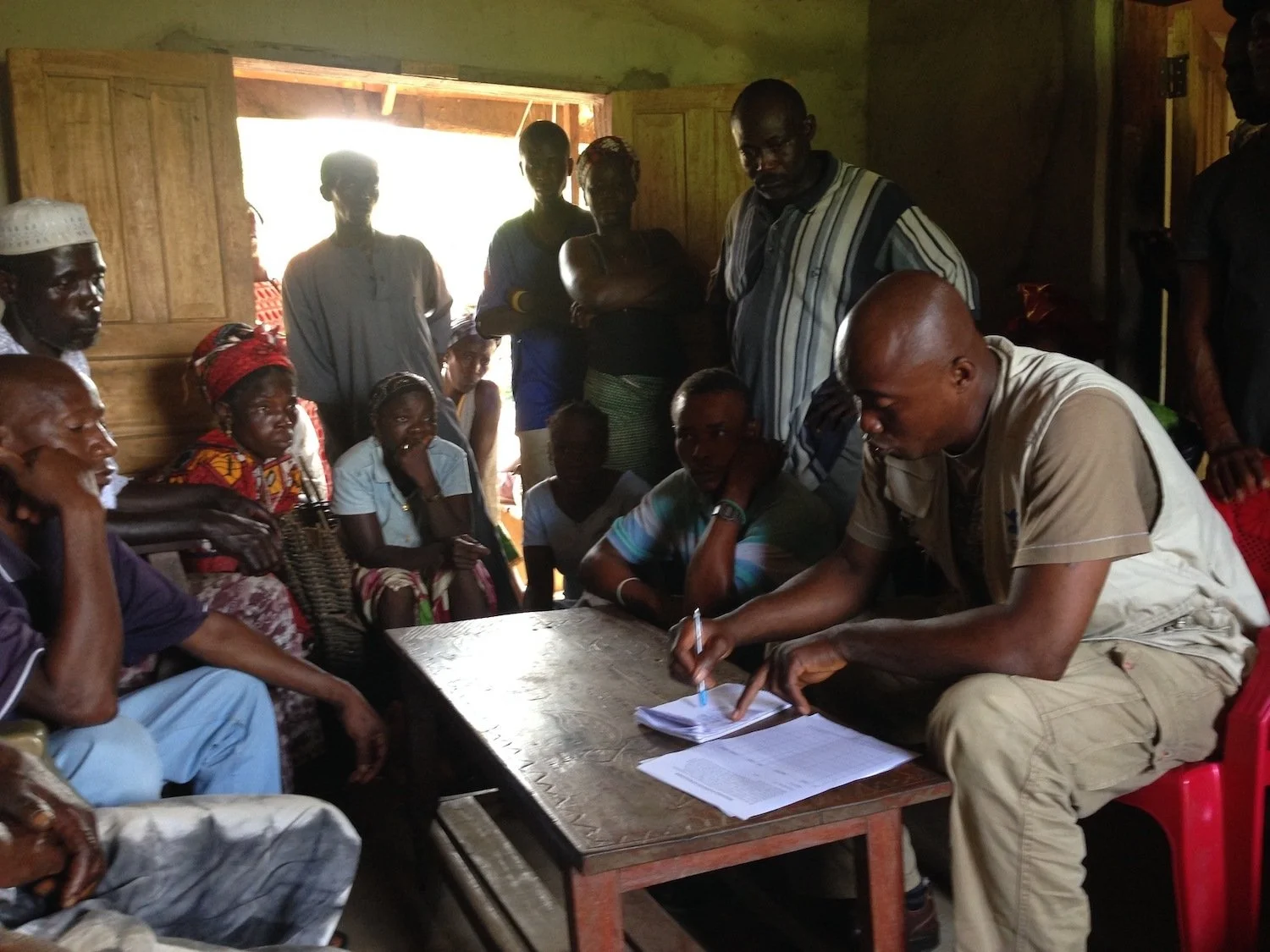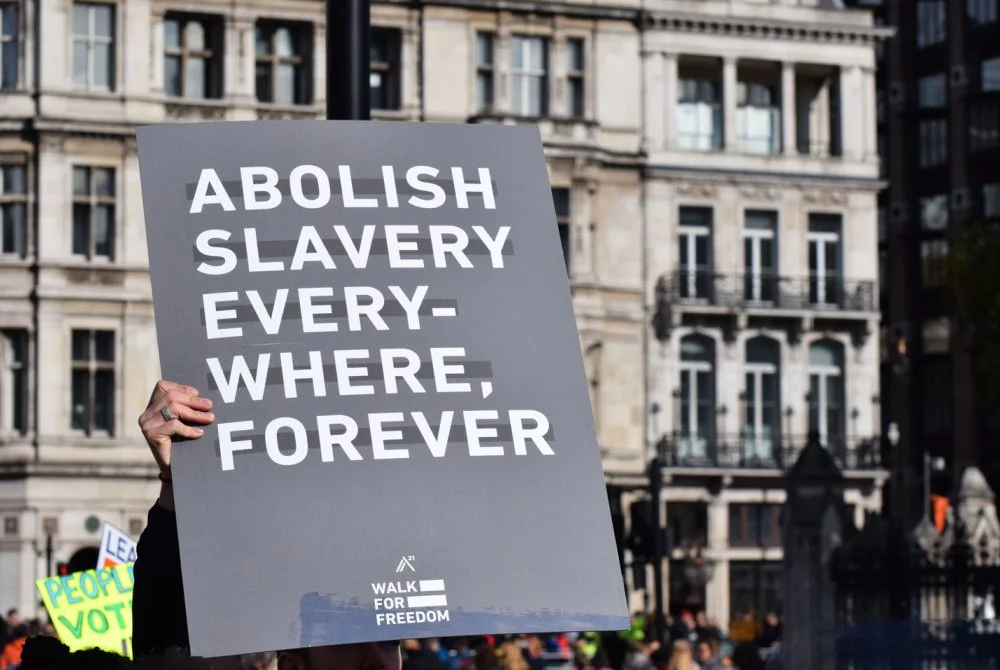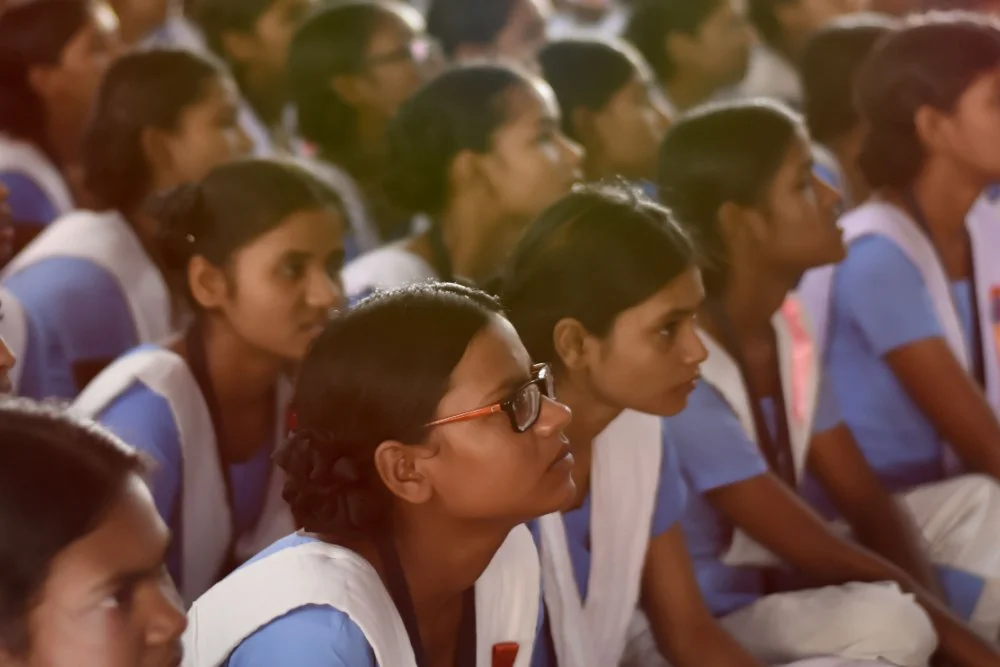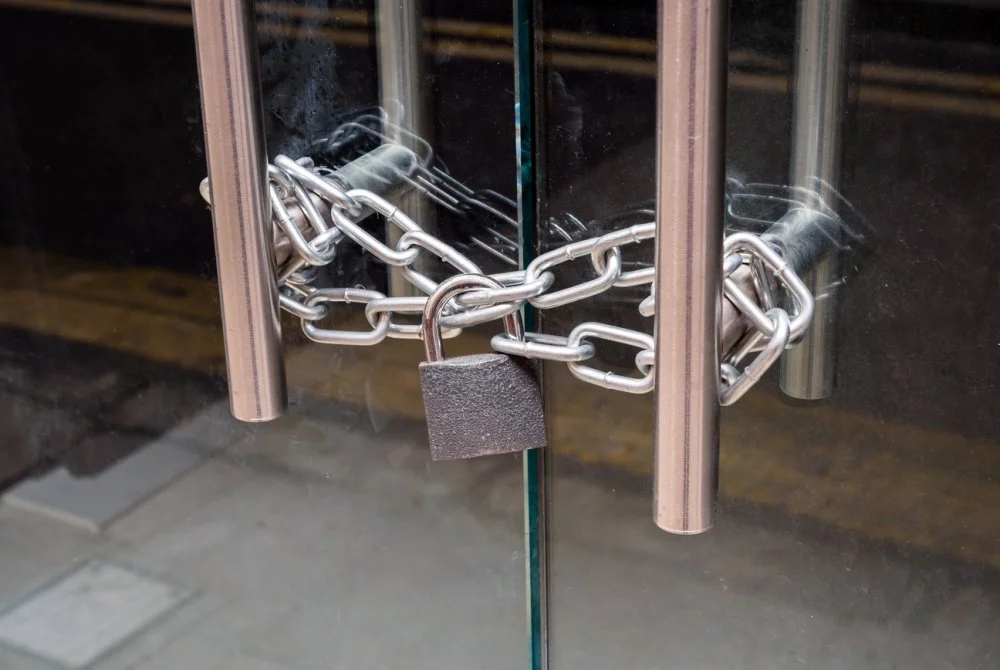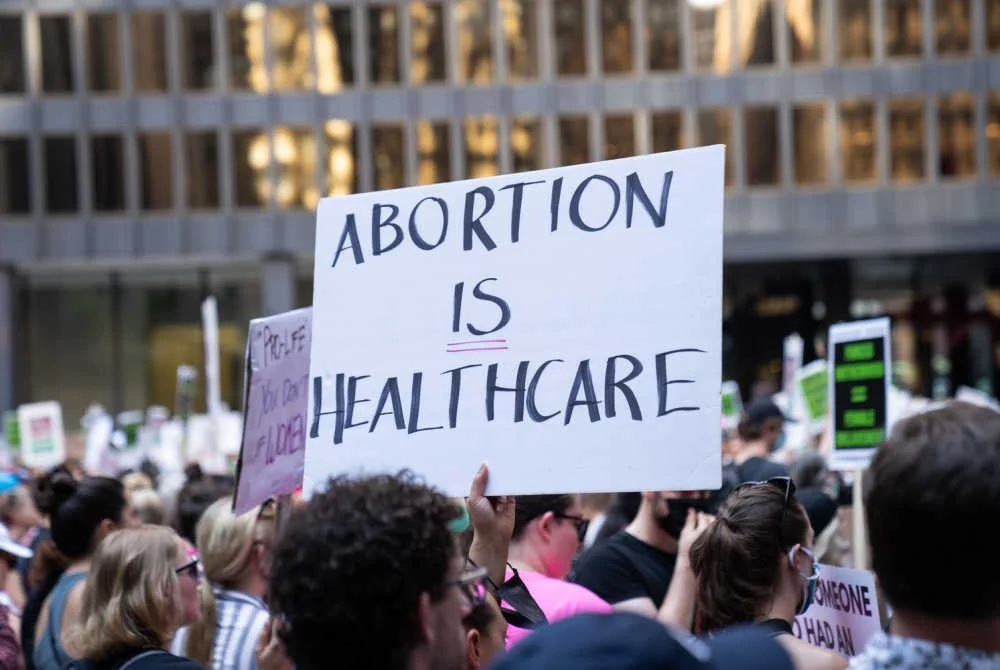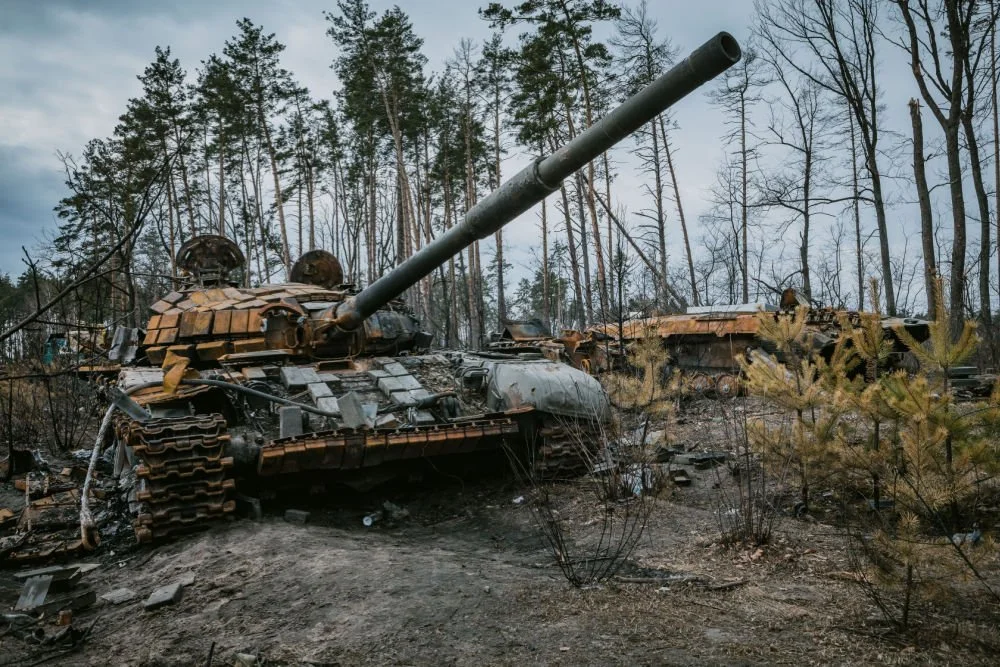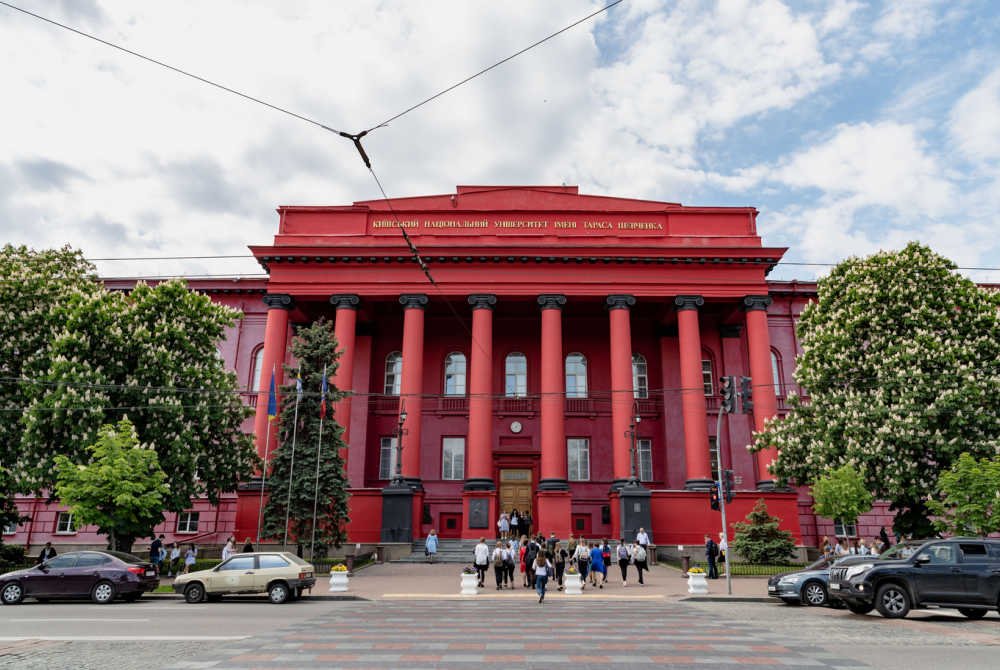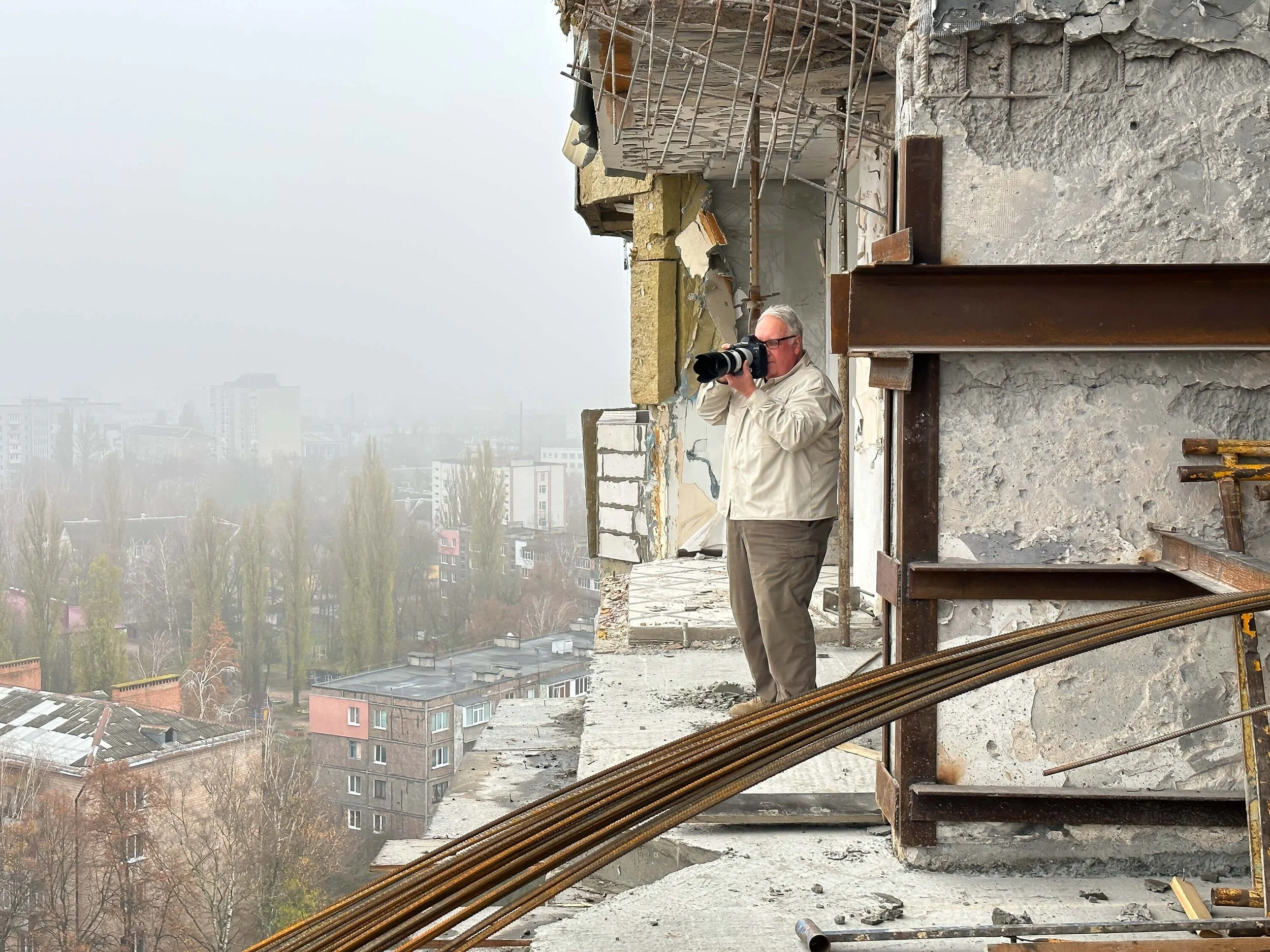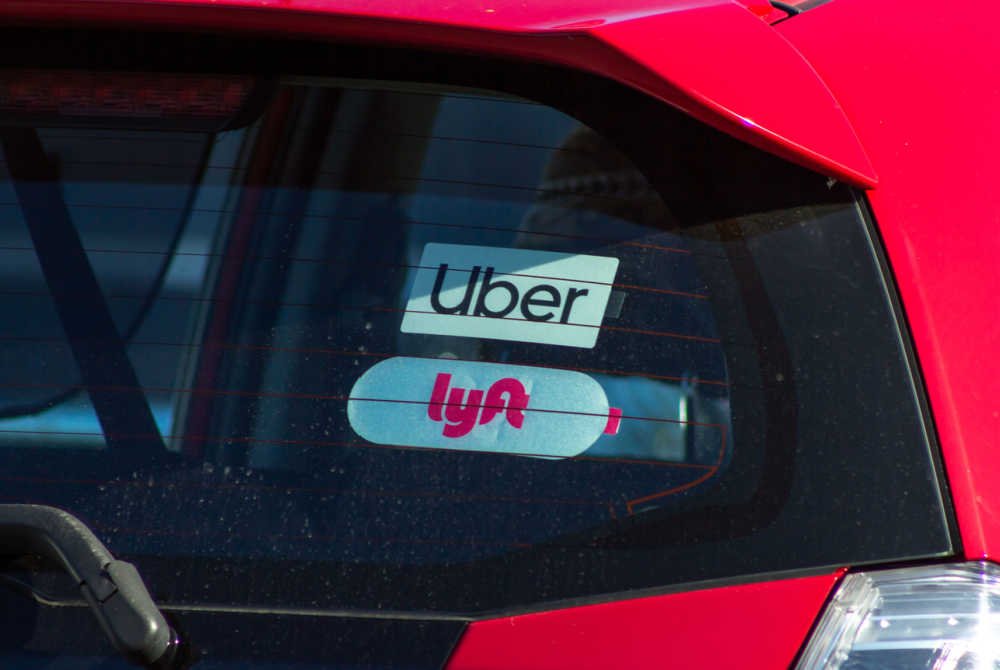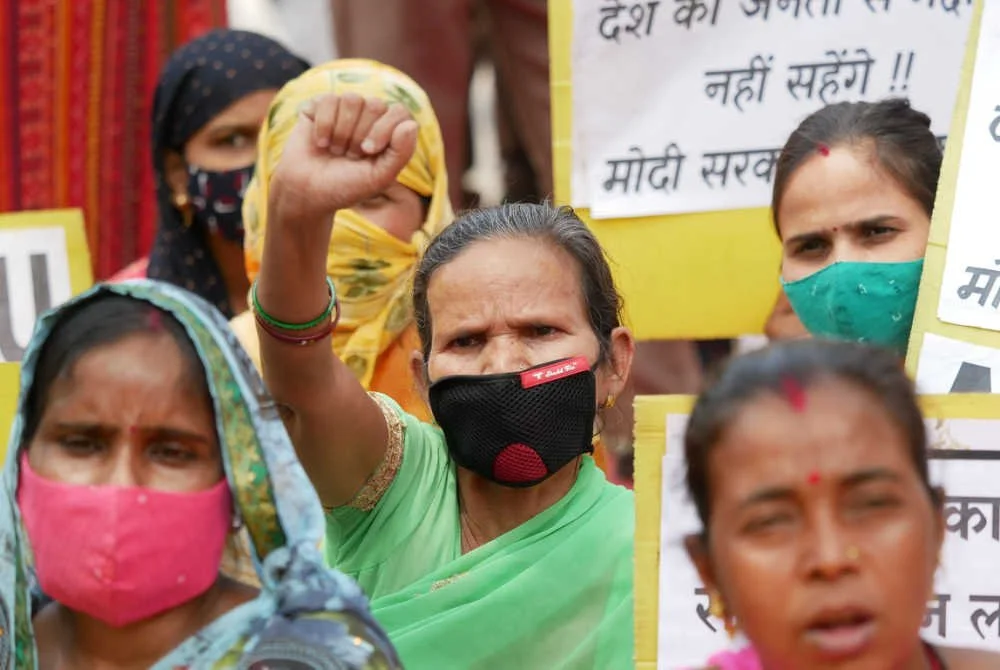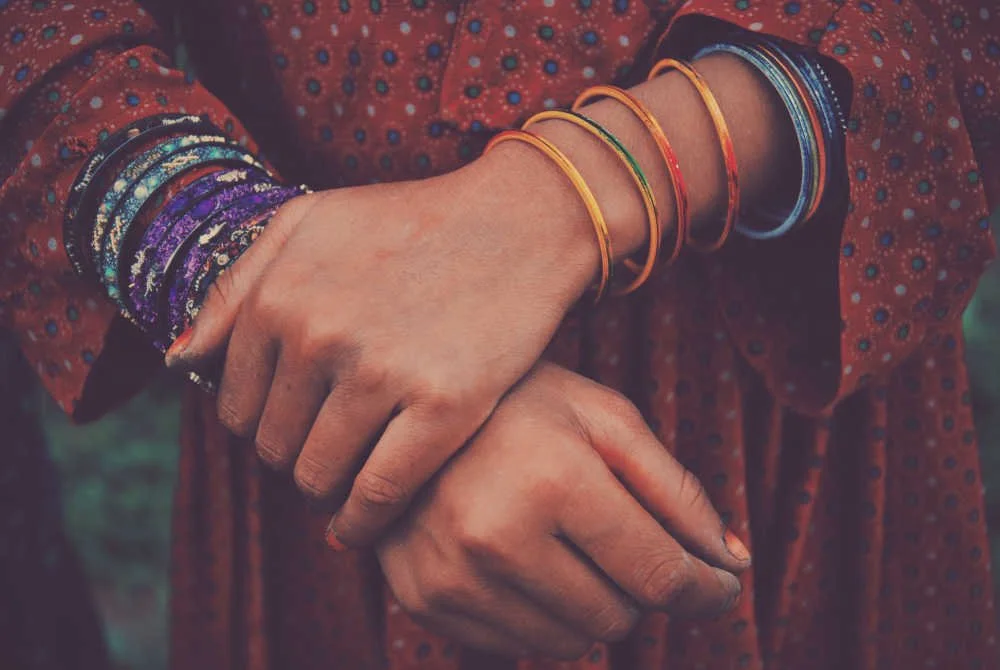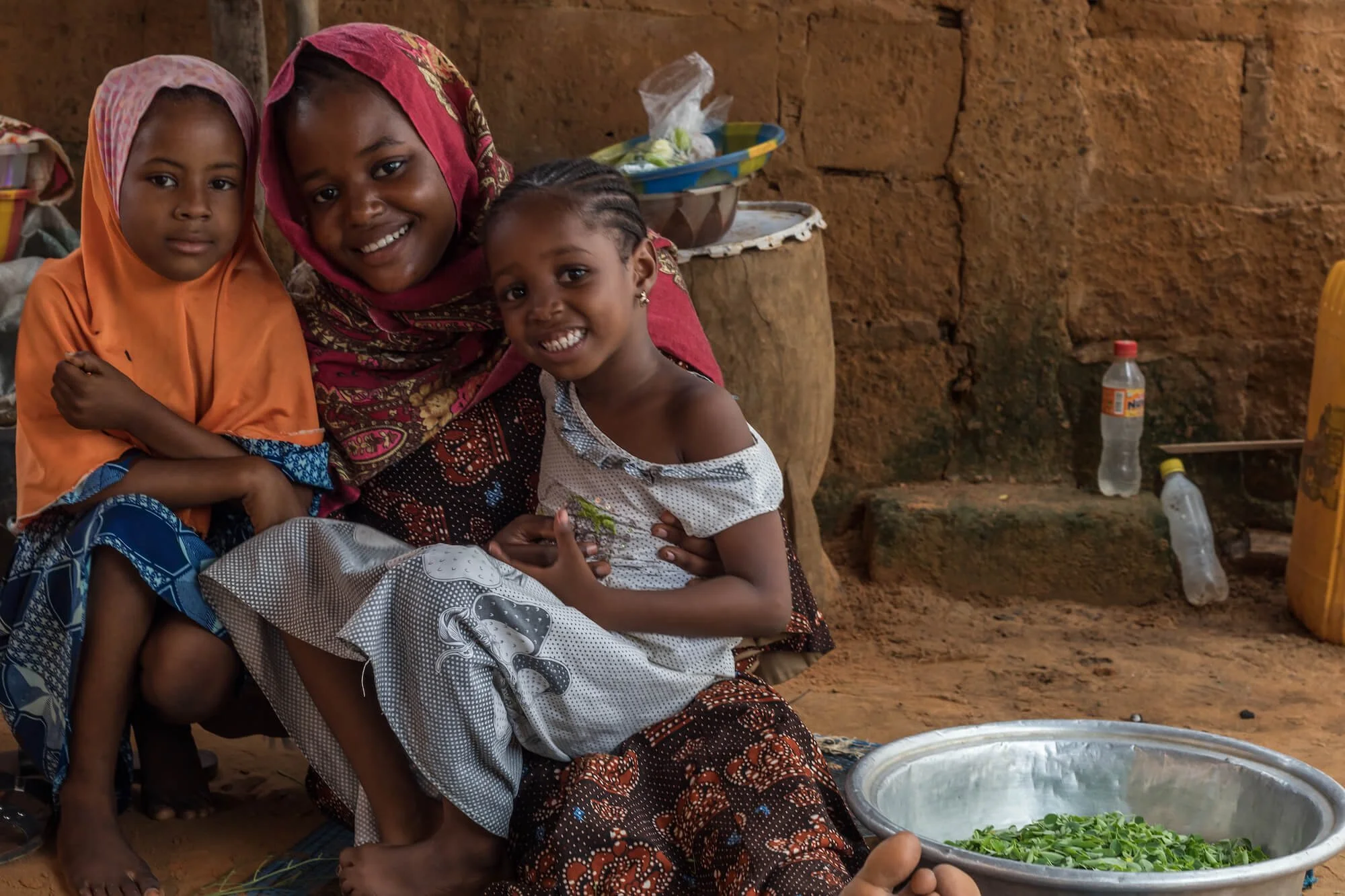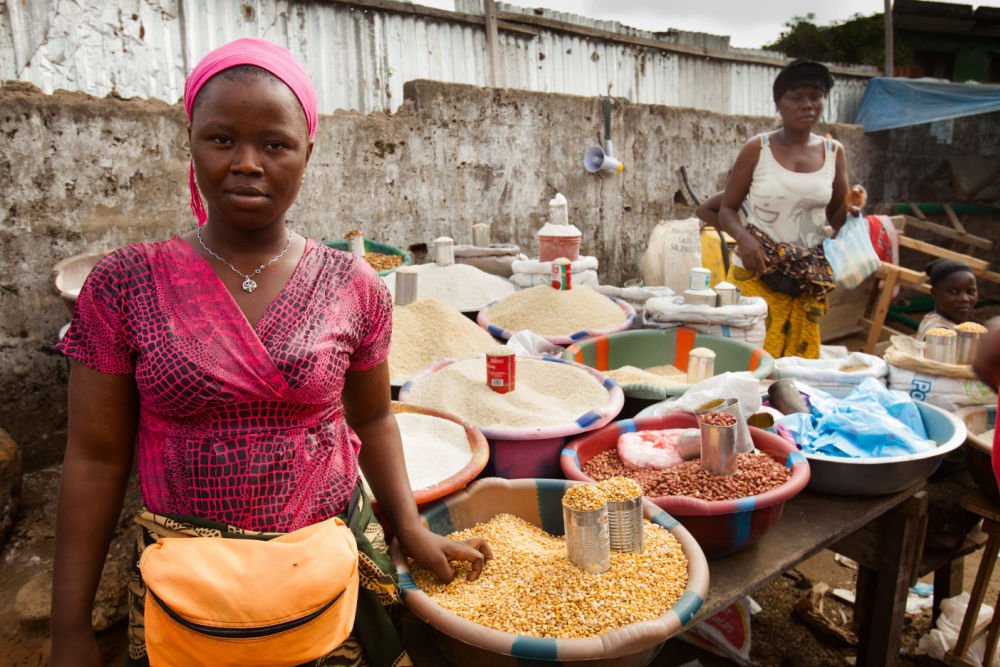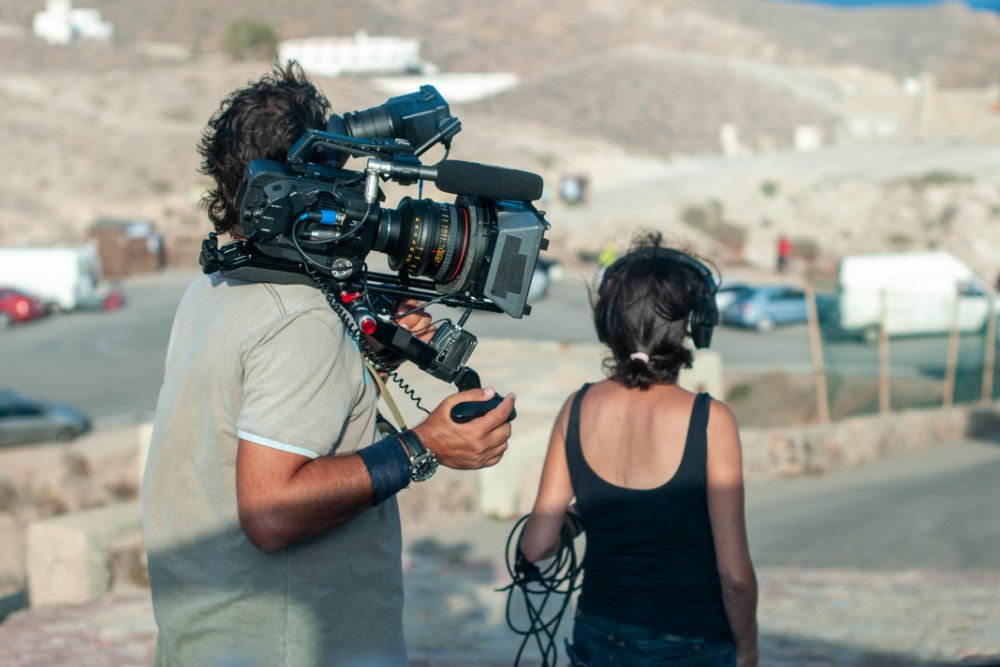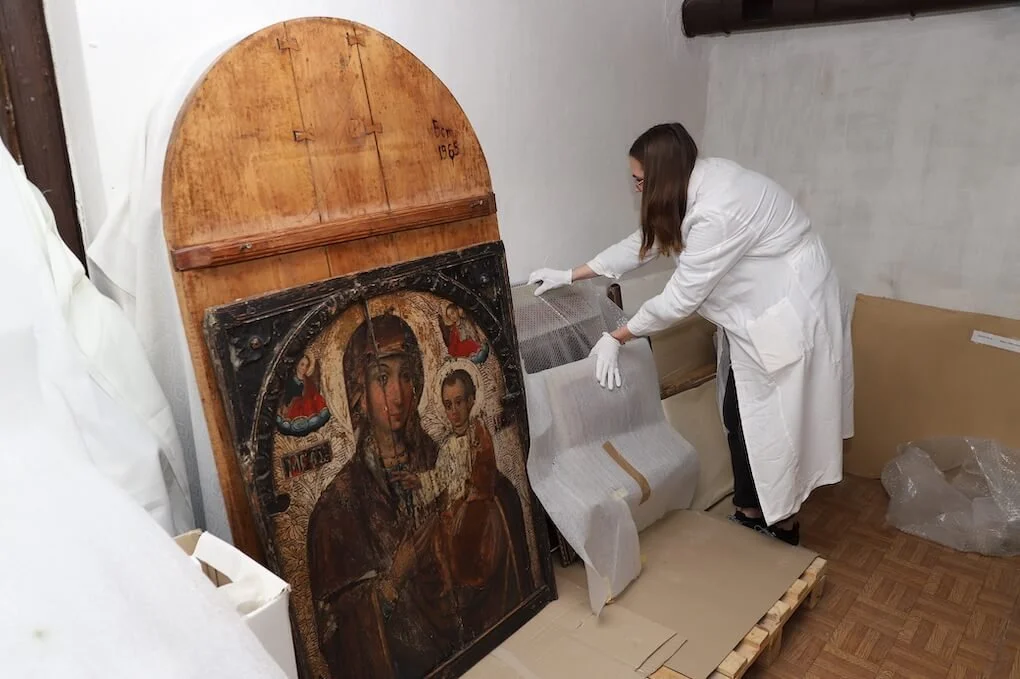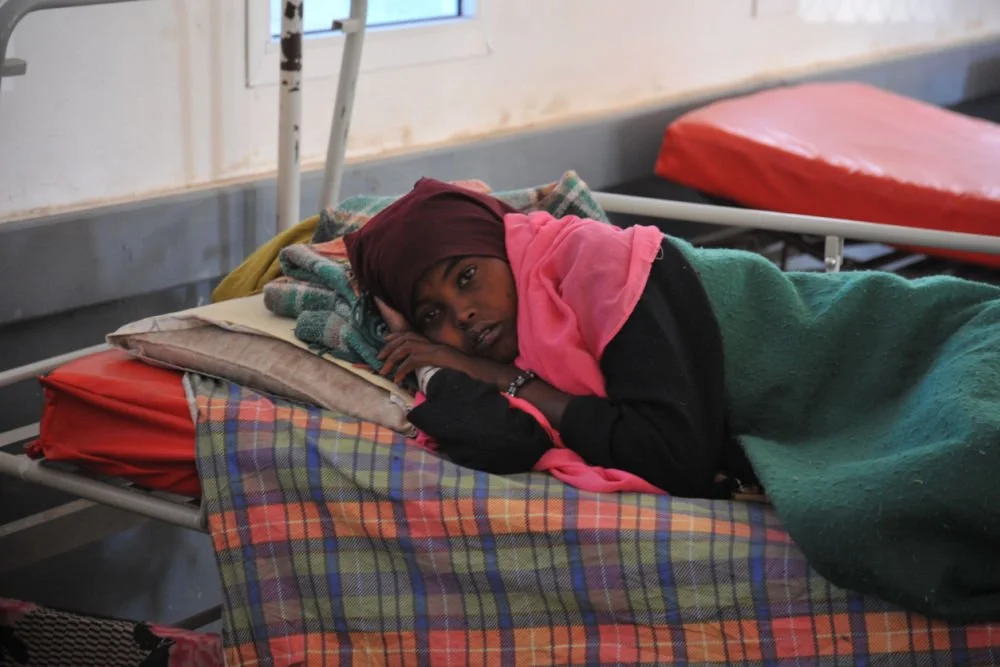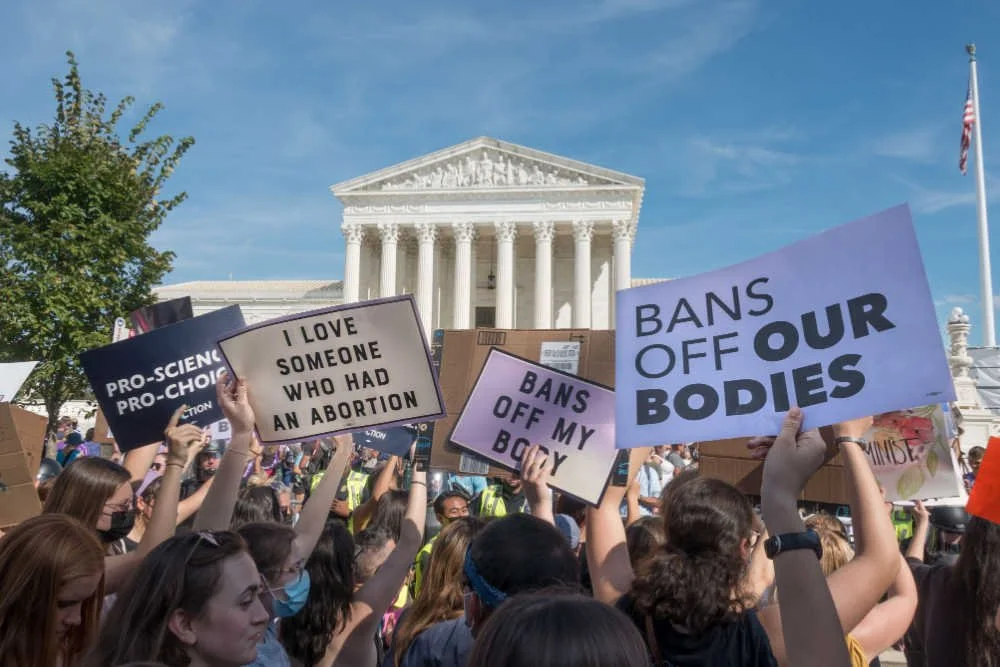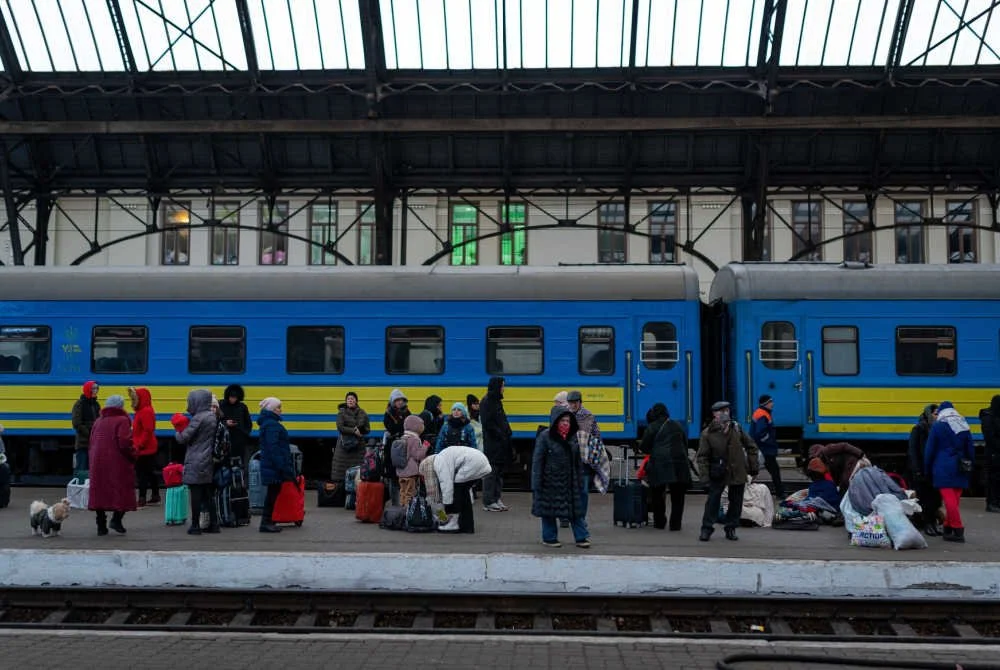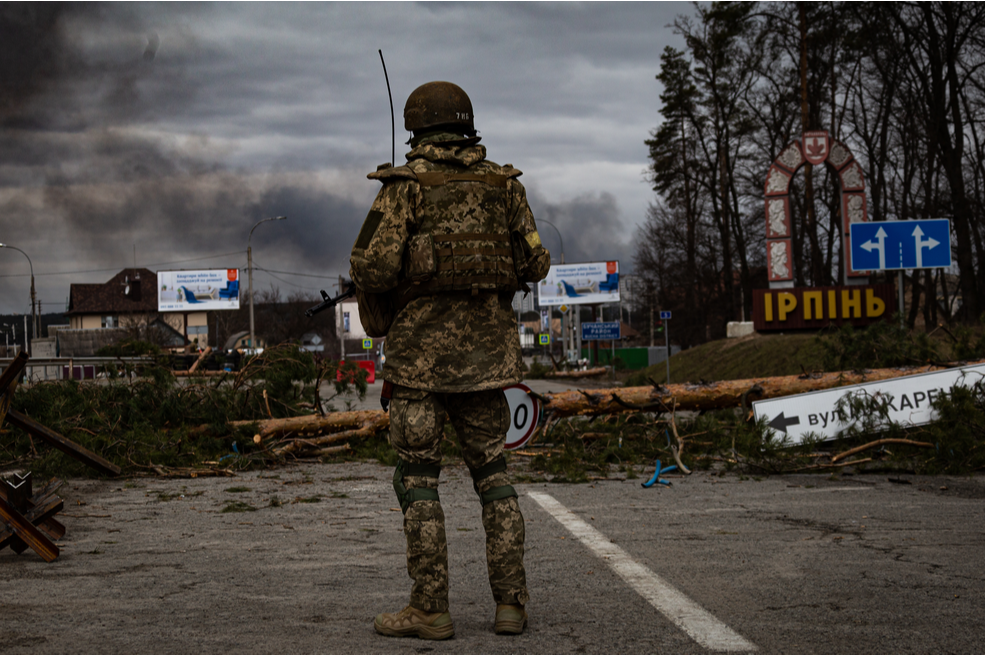As War Looms in One of Africa's Biggest Countries, Who's Paying Attention?
/Congolese refugee children. photo: Stuart Boulton/shutterstock
Warfare is rising in the Democratic Republic of the Congo. But will anyone act in time to prevent a repeat of the DRC’s 1998-2003 conflict, in which as many as 6 million people perished?
To be sure, the crisis is capturing attention. Warnings blare from The Economist, whose editorial on Congo notes that “If outsiders engage now, the slide back to war may yet be held in check.” But the magazine’s cover story, “Heading Back to Hell,” betrays less optimism.
At least a few U.S. funders have been investing in Congo for many years, often with a long-term vision and tangible results. What’s next for them at this pivotal moment?
“If you decide to work in a place like eastern DRC, where we work, and you understand the context, then you have to expect you will work in the midst of conflict,” Howard G. Buffett, who leads a foundation bearing his name, told Inside Philanthropy. “Our first grants in eastern DRC were in 2001. We started making our significant commitments to support development efforts in and around Virunga National Park in 2012 at the start of the M23 conflict. After nearly 20 years working there, we know what to expect.”
The Howard G. Buffett Foundation has provided around $100 million in support to projects related to peace, economic development, and democracy in North Kivu, DRC. Most recently, the foundation has focused on the DRC's long-running power problems by financing the construction of hydroelectric plants.
Related: Meet the Unlikely Funder Who Actually Cares About Congo
The foundation is working alongside Congo’s national parks authority and the U.K.-based Virunga Foundation to bring power to eastern DRC with an eye on spurring economic development. It has already dedicated nearly $20 million toward the construction of a hydroelectric plant in North Kivu and has promised an additional $39 million toward the cost of two more plants in the region.
Buffett said these investments are aimed at addressing the drivers of conflict. “A big reason there are so many men with guns is because there aren’t nearly enough good economic alternatives. People will do what they need to in order to survive; unfortunately, in eastern Congo, that too frequently involves armed militias preying on local populations.”
This work is part of the Howard G. Buffett Foundation's African Great Lakes Peace Initiative. While Buffett's main interest over many years has been on food security and agriculture, he turned to promoting peace after he came to see that war was a central driver of hunger in Africa. He also realized that his foundation couldn't shy away from working in some very dangerous places if it wanted to make a difference.
“We invest in development during active conflict because we believe you need those alternatives already in place when the conflict ends in order to hopefully disrupt the cycle of violence,” Buffet said.
Another investor in Congo, the Fund for Global Human Rights, has been supporting frontline activists in the DRC since 2006. Fund grantees are located in five provinces in the east of the country, with the majority working in North and South Kivu, where the Congolese armed forces are actively engaged in military operations against armed groups.
“The unrest in the DRC is largely focused in the east, where all of the activists and organizations we support are working,” Tony Tate, program officer for Sub-Saharan Africa at the fund, told Inside Philanthropy. “Fighting between armed groups and the military increases security risks both for frontline activists and the populations they serve. It also complicates local organizations' ability to plan, as activities may be postponed or canceled due to the violence.”
The fund supports groups that provide assistance to war-affected civilians, fight human rights abuses, prevent violence against women, and engage in other work. Beyond providing financial support to grassroots groups for their activities, the fund provides technical assistance and emergency grants to improve organizational capacity or protect their security.
“Many of the groups the Fund for Global Human Rights supports engage in advocacy with the government to press for new laws and policies or implement those on the books,” Tate said. “With government officials fixated on the scheduled elections at the end of 2018, government inaction on human rights protection has also become increasingly problematic.”
Given the rising violence, both the Howard G. Buffet Foundation and the Fund for Global Human Rights are concerned about what instability may lie ahead for Congo.
“We don’t plan around the current circumstances, because they will change,” Buffett said. “When you work in this kind of context you need to be flexible and adaptable, and you cannot operate with a five-year plan, because everything will change. I remember when we were regularly visiting the region during 2012 and 2013 during the M23 conflict, there would be massive movements of displaced people over relatively short periods of time. Literally tens of thousands of people would populate a camp in one location, and then a few weeks later, all of those people would be gone and another camp would have taken its place in an entirely new location.”
“What we try to do is have a big-picture idea of what we want to accomplish and then be prepared for things to not go as planned,” Buffet said. He cites the foundation’s first hydro-plant project in the region, begun in 2012, as a case in point. It was completed in late 2015 ahead of schedule, despite a few bombs dropped on the site.
“Based on that success, and with a desire to set a legacy goal for our work in the DRC, we provided funding for three more plants in 2015 and 2016, with the goal that these would be our final projects in DRC,” Buffet said. “We didn’t do that based on any change in context, we did that based on the notion that we like to be catalytic funders in an area. We’ve been in DRC for a really long time… We hope we’ve proven what can be accomplished in eastern DRC, and perhaps lowered some of the risks for other funders to come in and make similar investments.”
At the Fund for Global Human Rights, a similar long-term vision guides the work in this critical period.
“We are committed to the activists and organizations we support for the long haul. This means we stand with them in good times and in bad, including those in the DRC right now,” Tate said. “In times of unrest, being flexible as a funder and ally to frontline activists is key, the organizations we support know best what can and can’t be accomplished safely.”
Both Buffet and Tate urged more funders to invest in changing Congo’s current war-racked trajectory—provided they get in with a sustainable vision and stay the course.
"What DRC needs is for people and organizations to sustain their support and focus on long-term development, not just meeting immediate humanitarian needs,” Buffet said
“Unfortunately, too many people pull out when the situation deteriorates,” he said. “The stops and starts over time add up to very little. If you are going to go in and work there, find the organizations and individuals who will stay working on long-term development ideas even when the situation worsens. The Congolese don’t get to leave.”
For the fund’s part, Tate stressed that Congolese human rights activists are putting their lives on the line in pressing for change in the DRC. It's critical that funders stand with them now and "not abandon these courageous and outspoken actors.”
Most of the biggest funders working in Africa haven't been active supporters of efforts to bring peace and stability to the DRC. But the spreading conflict there could affect a range of philanthropic efforts in Africa. As The Economist notes, the DRC “matters because it is huge—two-thirds the size of India—and when it burns, the flames spread.” Many funders potentially have grantees at risk, including the Gates Foundation, which has the biggest footprint in Africa of any foundation and has often been attuned to humanitarian catastrophes on the continent.
Related: Africa Has a Huge Refugee Crisis, Too. This Mega Funder is on the Case
The Ford Foundation also has a stake in ensuring that one of Africa's biggest countries doesn't explode into major warfare once more. Ford has long worked in Africa, with offices in Johannesburg, Lagos and Nairobi, and that work continues after the foundation's recent reorganization. The Open Society Foundations is another funder with a big presence in Africa, with four main offices around the continent and eight satellite offices. The Hewlett Foundation funds heavily here, too, as does the Conrad N. Hilton Foundation. Packard, MacArthur, Carnegie, and Omidyar have operated African initiatives over the past decade. The Michael and Susan Dell Foundation has long worked in South Africa. The Helmsley Charitable Trust is among the relative newcomers to Africa, as we've reported. Any number of smaller U.S. foundations back a range of projects across various African countries.
As we often note, many grantmakers steer clear of conflict zones like the DRC. These situations are complex, and funders may not see clear points of leverage where philanthropic dollars can make a difference. On the other hand, the costs of inaction can be high, and today's fragile situation in the DRC underscores that point. A new war there could again claim innumerable lives, and in the process, put at risk years of hard-won progress in neighboring countries.
Related: Betting Bigger on Africa: As a Continent Rises, Foundations Are Upping the Ante




